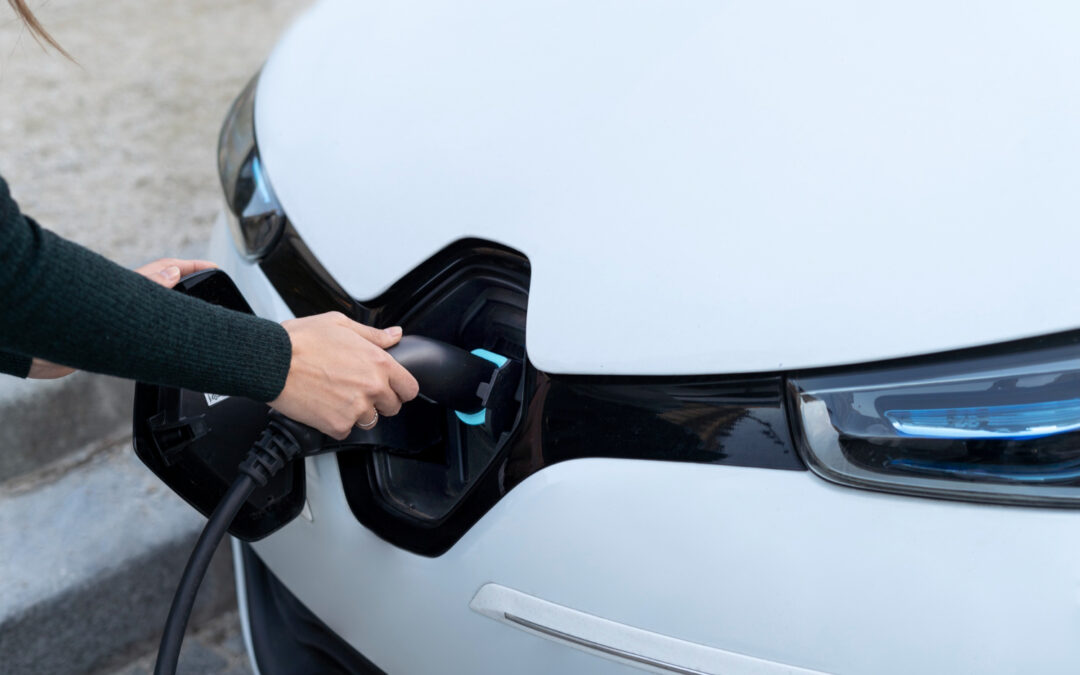In line with its long-term vision of “Indonesia Emas 2045”, literally means Golden Indonesia 2045, the government continues to push for a transition toward environmentally friendly vehicles. One of its key strategies has been to offer tax incentives for electric vehicle (EV) owners, including for imported completely built-up (CBU) cars. However, this policy is temporary, with incentives set to end by early 2026.
The government’s new approach shifts the focus from supporting imports to enforcing local production commitments, aiming to strengthen Indonesia’s domestic EV supply chain. This raises important questions: how will producers adapt to stricter localization policies? And what does this mean for consumers considering EV purchases?
What Are EV CBU Incentives?
CBU, or completely built-up, refers to vehicles imported fully assembled from their country of origin, without local assembly in Indonesia. This definition is stipulated in Article 1 paragraph 7 of Minister of Finance Regulation No. 135.2024 (“PMK 135/2024”) on Luxury Goods Sales Tax (PPnBM) for Certain Four-Wheel Battery Electric Vehicles Covered by the State Budget 2025.
Typically, CBUs include luxury brands without local manufacturing facilities, such as Ferrari, Lamborghini, Porsche, or Lexus.
Under Article 2 paragraph 1 PMK 135/2024, the government currently bears the PPnBM on CBU imports, with Article 3 paragraph 1 specifying that the state covers 100% of the payable PPnBM. These incentives apply only from January to December 2025.
On 12 September 2025, Minister of Industry Agus Gumiwang Kartasasmita confirmed that starting January 2026, the government will no longer issue CBU import permits nor provide related tax incentives.
The Impact of Ending CBU EV Incentives
The end of incentives carries significant implications for both producers and consumers.
For producers, especially global automakers relying on CBU schemes, the change encourages industrialization in Indonesia. This includes building factories, forming partnerships with local firms, and establishing a domestic battery supply chain. The policy aligns with the government’s requirement that EV manufacturers balance imports with equivalent levels of local production.
For consumers, the effects are mixed. On the downside, EV prices may rise sharply—potentially up to 30%, according to Yannes Martinus Pasaribu, an automotive analyst at Bandung Institute of Technology (ITB). On the upside, successful localization could make EVs more affordable in the long term, thanks to reduced import costs, faster after-sales support, and wider availability of spare parts.
Consumer Dilemma: Buy Now or Wait?
For Indonesian consumers, the pressing question is whether to buy an EV now or wait for future developments.
Consumers with immediate needs for an eco-friendly daily vehicle may benefit from purchasing before the end of 2025, while incentives are still in effect and a wide variety of advanced imported models remain available.
However, those without urgent needs might consider waiting until local manufacturing is established. Over time, prices are expected to stabilize, and after-sales services—including spare parts availability—will improve with domestic production.
The termination of CBU EV incentives marks a turning point in Indonesia’s automotive policy. For producers, it is a call to invest in local industrialization, aligning with the government’s long-term vision for a sustainable EV ecosystem. For consumers, the immediate consequence may be higher EV prices. Yet, in the medium to long term, successful localization could deliver lower costs, stronger after-sales support, and wider product availability.
Ultimately, the decision for consumers comes down to timing: purchase now to benefit from incentives and imported models, or wait for a localized market that promises long-term gains.***
Also read: Regulations on Import Duty Exemptions for Electric Vehicles
Regulations
- Peraturan Menteri Keuangan Nomor 135 Tahun 2024 tentang Pajak Penjualan atas Barang Mewah atas Impor dan/atau Penyerahan Barang Kena Pajak yang Tergolong Mewah berupa Kendaraan Bermotor Listrik Berbasis Baterai Roda Empat Tertentu yang Ditanggung Pemerintah Tahun Anggaran 2025 (“PMK 135/2024”).
References:
- Sekilas tentang Istilah CBU, CKD, dan IKD dalam Dunia Otomotif. Gaikindo. (Diakses pada 29 September 2025 Pukul 14.30 WIB).
- Menteri Perindustrian RI: Insentif untuk Mobil Listrik Impor CBU tak Diperpanjang. Gaikindo. (Diakses pada 29 September 2025 Pukul 15.14 WIB).
- Insentif Impor Mobil Listrik CBU Berakhir 2025, Produsen Wajib Mulai Produksi Lokal. Ikatan Konsultan Pajak Indonesia. (Diakses pada 29 September 2025 Pukul 16.00 WIB).
- Insentif Mobil Listrik CBU Dihentikan Tahun Depan, Harga EV Impor Bisa Naik 30%. Kontan. (Diakses pada 29 September 2025 Pukul 16.10 WIB).
